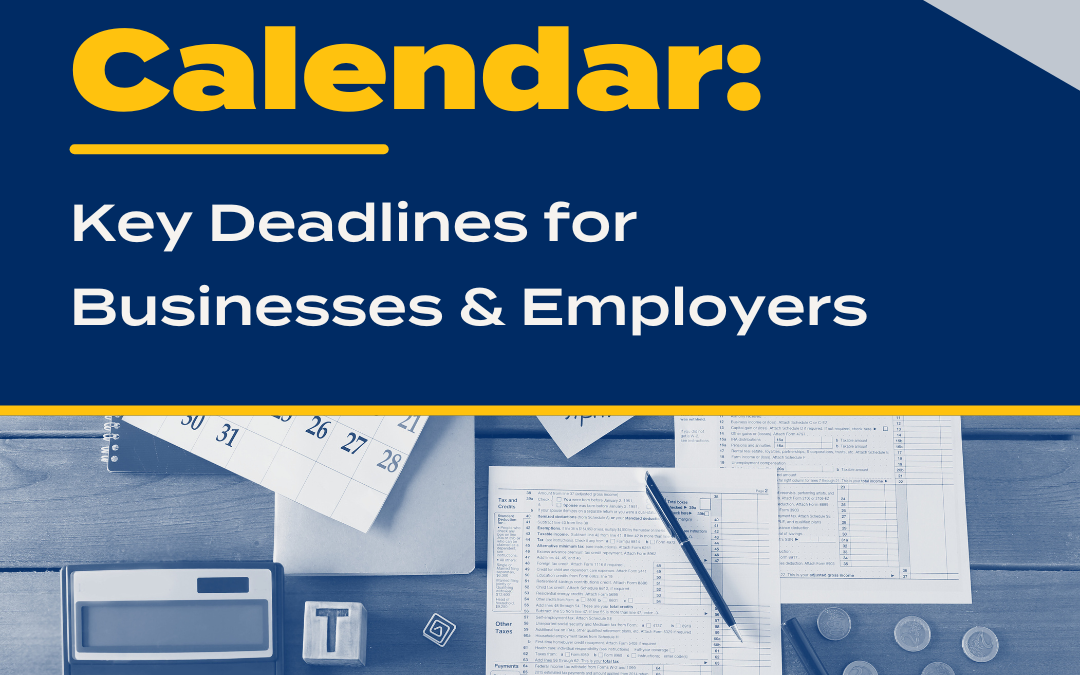As we talked about last week, many taxpayers had their tax bill go down even though they saw less of a refund. With tax reform bringing rates down to levels that we have not seen in a while, we all have a limited window to take advantage of these rates, but not how you would expect. We can take advantage of these rates by not using them.
What do you mean by not using them? Don’t take all the deductions you are allowed?
I’m a big fan of having this “three bucket approach.” This approach for me says that in retirement you should have both taxable accounts, non-taxable accounts, and partially taxable accounts. It just makes it really easy to plan when you’re in your retirement years.
Let’s say, for example, your taxable bucket is where your IRAs and 401(k)s would be. These are things in retirement that are 100% taxable to you from every dollar you take out.
The second bucket is your non-taxable budget. That is going to be your Roth IRA’s or Roth 401(k)s and maybe an HAS and proceeds from the sale of your home. This is money you can actually take out of these accounts and not pay any tax on.
The third one is partially taxable accounts, which would be things like annuities and after tax investments. What happens is if you have all of your money in a taxable bucket, every dollar you take out to fund your lifestyle and retirement is taxable. There’s really no tax planning that you can do.
Let’s say you have three buckets. Let’s say you have the taxable and the non-taxable bucket. Now you can pull money from either one and you can actually say how much taxable income you want to have. You can only have so much taxable income because you are going to take some out of your non-taxable bucket, and some out of your taxable bucket. It just adds a lot of flexibility when you have these different buckets in retirement.
It sounds complicated and overwhelming to figure out where you are going to put your money and how you’re going to do it. How do you figure it out?
I wouldn’t say it’s easy, but if you know where you expect to be in retirement, a good accountant will be able to walk you through this. They can help you determine, for example, if it’s best for you right now to put money into a Roth IRA or if you should be putting money into a traditional IRA. Should you be putting money into a Roth 401(k) or a traditional 401(k)? Sometimes it is short-term pain for long-term gain. Yes, you don’t save the tax dollars today if you do a Roth contribution, but you won’t have to pay taxes on it later. Like I said earlier, with tax rates being as low as they’ve ever been, now may be the time to pay some tax at lower rates because later on they may be higher. The whole concept of a Roth is to pay less tax today than you would pay in the future.
What are some of the other benefits that you can think of by having this flexibility?
So if all you have is taxable accounts, that’s going to be taxable income as you take it out no matter what. If you have these three buckets, you can determine how much of your income you want to come out of your tax free bucket versus your taxable bucket. If you have Roth IRA’s and Roth 401(k)s, you can actually take that out early to fund children’s education. So it gives you some flexibility there. It can help out when you are using the marketplace for your health insurance maybe those last couple years before you retire and turn 65. You can use the marketplace and determining what your income is determines what your subsidies will be. The higher the income, the lower the subsidies. If you have that non-taxable bucket, you may be able to have more subsidies and pay less for your health insurance. It works for social security planning and all kinds of things.
So whether you’re before or after age 59 ½, it’s always good to do planning with these “three buckets” in mind.
Listen to more podcasts here.





